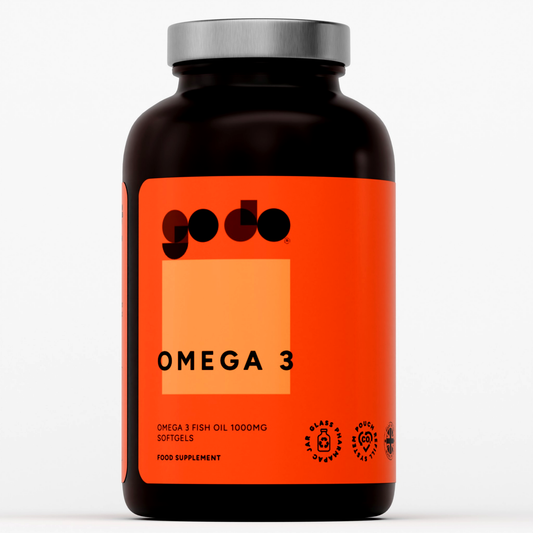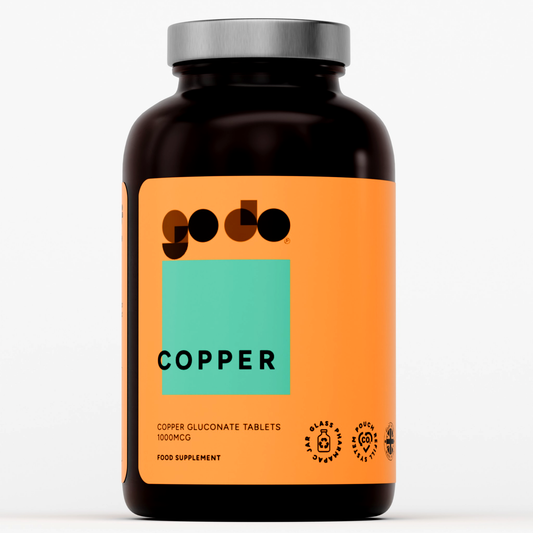What is Creatine?
Creatine is a performance enhancing substance. It is used mostly by the athletes because it helps in enhancing their overall performance. Creatine is not a banned substance and it can be used legally by the athletes.
Creatine increases the muscle mass and it gives enormous strength to the muscles. Creatine is very popular because it is easily available in the stores and also through the internet. It is available without prescription.
Creatine is natural, which in the body becomes creatine phosphate. Adenosine triphosphate which is known as ATP is created by creatine phosphate. The energy generated for muscle contraction is through adenosine triphosphate.
Creatine is also produced by foods which are rich in protein. Human body also creates some creatine. Creatine is available in different forms like tablets, drinks, powders and energy bars.
Is creatine safe for us?
-
We know that creatine is natural but we can’t say that creatine supplements are safe. Researchers are not sure about the effects of creatine supplements. FDA only endorses creatine in medicines because such medicines follow FDA standards but it does not endorse creatine supplements since its contents are not known.
-
Overdose of creatine can cause certain side effects like stomach upset, nausea, headache, fatigue, breathing problem, weight gain, rashes, kidney related issues, diarrhea, anxiety and fever.
-
Creatine can be very dangerous when it interacts with diuretics, diabetic drugs and acetaminophen.
-
Side effects are observed when creatine is taken along with ephedra and caffeine.
-
People who suffer from diabetes, liver and kidney diseases and women who are pregnant should avoid creatine. Those who are below eighteen years of age should also avoid taking creatine.
-
Creatine also creates problem to those who have blood sugar issues, so such people should avoid it.
-
To prevent dehydration, you should take large quantity of water when you consume creatine.
It is not recommended to take creatine supplement without the advice of a certified dietitian or a doctor because it can lead to overdose of creatine.










